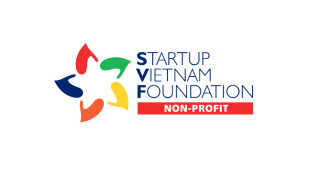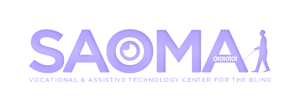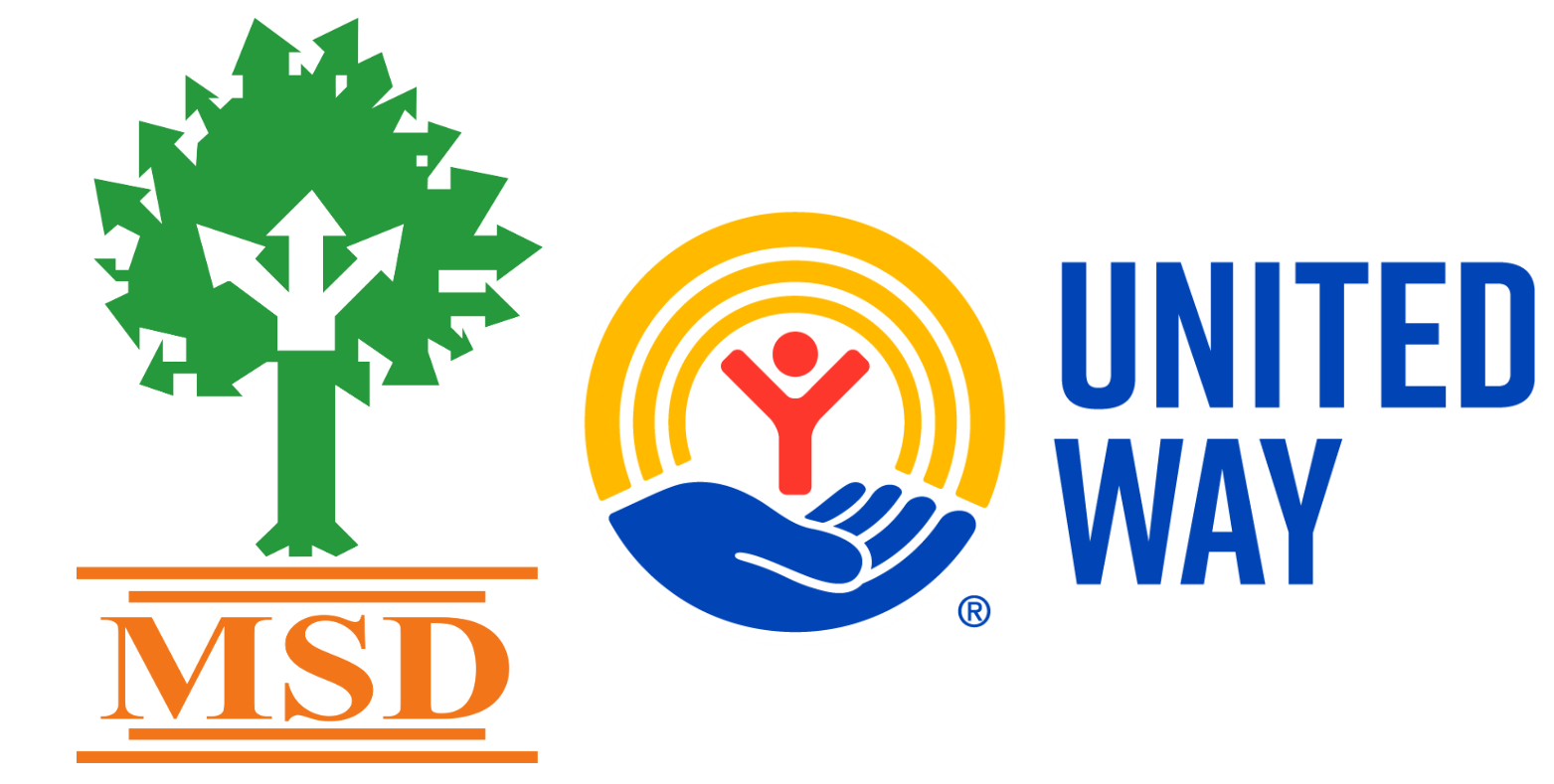The Center for Research on Initiatives of Community Development (RIC) Center is a non-profit scientific and technological organization with a mission to promote and develop self-governing community ecosystems, aiming towards a fair and equal society, as well as the inclusive and sustainable development of rural and mountainous communities, particularly those belonging to ethnic minority groups.

The CEPORER Hoc Mon Children Protection Association is a social enterprise that operates with the aim of supporting vulnerable children and young people to overcome insecurities and develop their knowledge, physical health, and mental well-being, thereby enabling them to secure stable professions when they reach adulthood and integrate effectively into the community. Creating a safe environment filled with love and care from family members is also part of the enterprise’s mission.

The Hearts for Hue Foundation is a local humanitarian organization that commenced its activities on May 23, 2007, with the aim of improving the lives of people facing difficult circumstances in the Thua Thien Hue province. Their community development programs revolve around areas such as healthcare, improving educational infrastructure, providing clean water, environmental protection, and supporting the economic development of households.

The Hanoi Blind Association is a specialized social organization with a primary focus on caring for and assisting its members, individuals with visual impairments living in Hanoi. This is one of the most significant aspects of its operations. Additionally, the Association creates conditions and a positive environment for the visually impaired, enabling them to participate confidently and proactively in patriotic movements, integrate into community life, and contribute to society.

Vietnam and Friends is a social organization established in Hanoi with the purpose of supporting people with disabilities and those in need through educational guidance, basic job skill training, and connecting job opportunities. Additionally, Vietnam and Friends also focuses on promoting community awareness of environmental protection.

Established in 2014, the Startup Vietnam Foundation (SVF) is a non-profit social organization with the goal of promoting economic growth in Vietnam through two means: innovation and entrepreneurial thinking.

Vietnamese Student Foundation (VSF) is a non-profit organization established in 2014 with the mission of contributing to Sustainable Development Goals (SDGs), particularly those related to education, healthcare, equality, and the environment.

Nguyen Dinh Chieu School, established in 1926, is an educational institution specifically dedicated to serving visually impaired students in Vietnam. The school plays a crucial role in providing visually impaired individuals with access to education, empowering them to achieve independence and social inclusion.
In addition to its primary role as an education provider, Nguyen Dinh Chieu School also serves as a government-run resource center. It offers support and resources to other special schools and inclusive schools in Ho Chi Minh City and other provinces, further contributing to the education and well-being of visually impaired students across the region.
Overall, Nguyen Dinh Chieu School has a long-standing commitment to ensuring that visually impaired students receive appropriate education and support, ultimately aiming to empower them to lead fulfilling lives and actively participate in society.

Sao Mai Center, established in 2001, is a non-profit organization dedicated to supporting the blind community. The center has a clear mission focused on empowering individuals with visual impairments through the use and development of assistive technology in education and employment.
Sao Mai Center offers solution consultation and provides assistive products tailored to the needs of blind individuals in various aspects of life, including education, employment, and independent living. The center also provides vocational training, job placement services, and support for blind individuals to enhance their skills and secure meaningful employment opportunities.

Vietnam Innovation of General Education Foundation (VIGEF) is an organization established in 2017 with a mission to drive innovation in general education in Vietnam. The foundation focuses on various areas to bring about positive change in teaching and learning methods, student assessment, and school management.
VIGEF places importance on value education and skill development for students, aiming to foster well-rounded individuals. They also emphasize STEM/STEAM education, which aligns with the needs of local socio-economic development and equips students with relevant skills for the future.
In addition to their core mission, VIGEF actively promotes the replication and dissemination of locally appropriate teaching and learning models and initiatives. By sharing successful educational approaches, they contribute to improving the overall quality of education in Vietnam.
As part of the Shinhan Square Bridge Project, VIGEF collaborates with MSD to implement the tech solution provided by Tri-path in 100 schools located in rural areas. This initiative aims to promote equity in education among Vietnamese students.
For more information about VIGEF and its initiatives, you can visit their website at https://vigef.org/.


